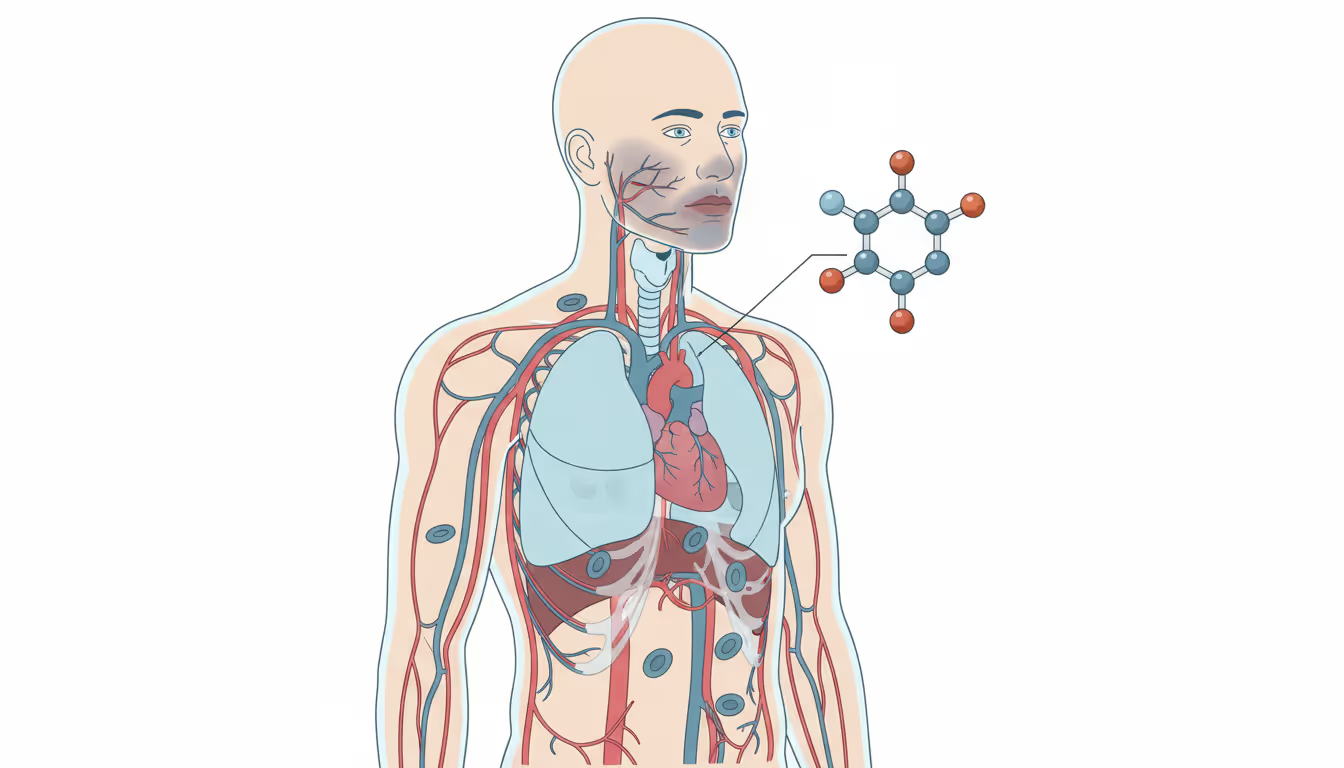
Methemoglobinemia refers to the condition where methemoglobin is present in the blood. Methemoglobin is a form of hemoglobin that is ineffective in transporting oxygen to the body's tissues. While blood typically contains a small amount of methemoglobin, an increase in its levels can lead to clinical symptoms, as it does not efficiently carry oxygen. Hemoglobin is the primary oxygen transporter in the blood, so when it is replaced by methemoglobin, it can cause the skin to appear slate gray-blue and may result in more severe symptoms from inadequate oxygen supply. Methemoglobin is formed when the ferrous iron in the heme part of hemoglobin oxidizes to ferric iron. This condition can develop at any point in life due to exposure to certain chemical agents, like nitrites or specific medications (known as acquired methemoglobinemia), or it can be present from birth due to a genetic disorder.




